As a consequence of the recent activities and utterances of the aggressive forces of Hinduism (or Hindutva), the twin issues of religion and identity are at the forefront of social and political discourse in India. This has also led to a growing interest in Buddhism and a reconsideration of the role of Christianity and Islam in India as well as given rise to a far-reaching reassessment of the cultural, spiritual and artistic heritage of the subcontinent. This fascinating book constitutes a unique exploration of 22,500 years of the development of Buddhism, Brahmanism and caste in India, taking Dr. Ambedkar’s interpretation of Buddhism as its starting point. Gail Omvedt has researched both the original sources of the Buddhist canon and recent literature to provide an absorbing account of the historical, social, political and philosophical aspects of Buddhism. In the process, she discusses a wide range of important issues of current concern. Providiing an entirely new interpretation of the origins and development of the caste system, which boldly challenges the ‘Hindutva’ version of history, this book will attract a wide readership among all those who are concerned with the state of cotemporary India’s polity and social fabric.
Buddhism in India: Challenging Brahmanism and Caste
In stock
Free & Quick Delivery Worldwide
reviews
Bibliographic information
Title
Buddhism in India: Challenging Brahmanism and Caste
Author
Edition
1st ed.
Publisher
ISBN
0761996648, 9788132110286
Length
324p., Bibliography; Index; 22cm.
Subjects

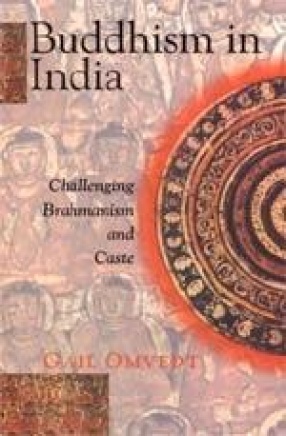
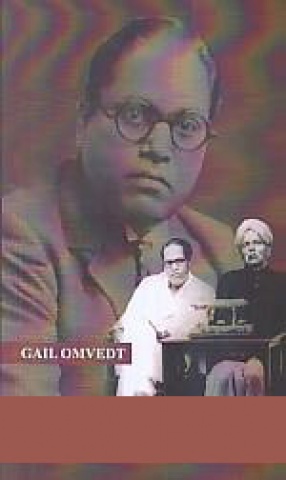
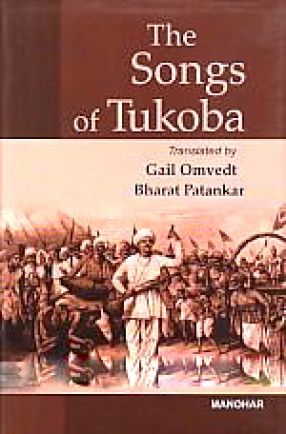
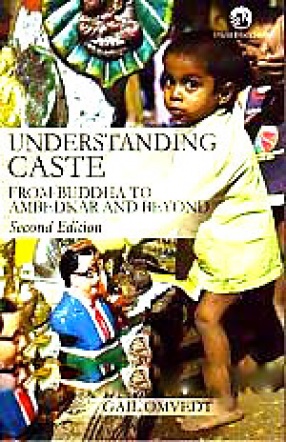
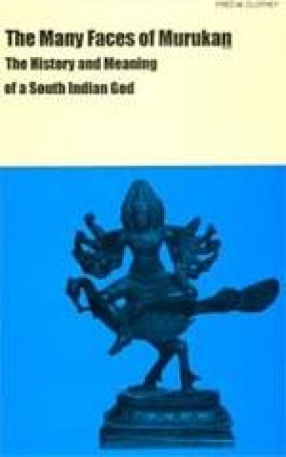
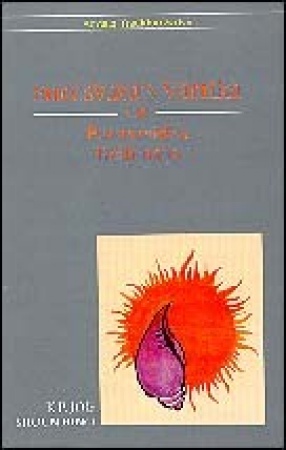

There are no reviews yet.